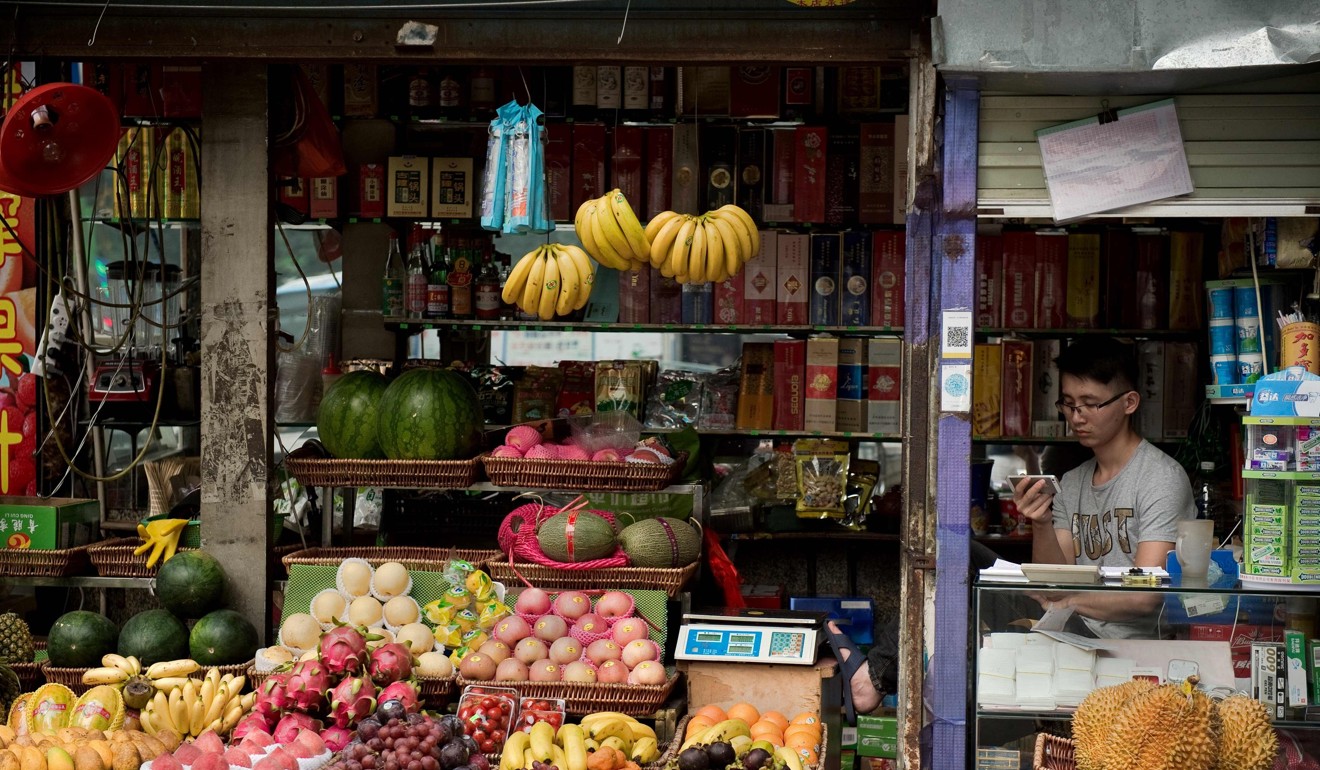Morgan Stanley chairman and CEO James Gorman said the market "overestimated the uncertainties in China," reaffirming the investment bank's bullish stance on the world's second largest economy.
Gorman told Xinhua on the sidelines of Morgan Stanley's China Summit, which ran from Wednesday to Friday in Beijing.
"China has recognized it has to slow the debt-to-
growth, deleverage and open up its capital market. All of these things happen in small steps, but generally I think China is relatively well-positioned to weather the challenges."
His remarks came amid jitters about the country's financial risks including bond default and debt problems.
Rating agency Moody's lowered China's long-term local currency and foreign currency issuer ratings from Aa3 to A1, the same level as
.
Gorman said he was not "terribly troubled by that" as the rating was still strong.
"The downgrade is a sign that China needs to start deleveraging, but I think the Chinese government was already on that path. The market reaction to it was relatively muted," Gorman said. "The economy is going through enormous transition but is fundamentally stable."
Chinese financial regulators are increasing risk control and deleveraging as a firmer economic footing in the first quarter provided more scope for adjustments.
Risks are common in an economy of China's size, Gorman said. "But if you see through the risks, China remains a pretty attractive investment opportunity."
The Chinese economy posted 6.9-percent growth in the first quarter of this year, the fastest increase in 18 months and above the 6.8 percent registered in the previous quarter. But concerns are on the rise that the momentum may soften soon and some analysts have predicted that growth has peaked and a downturn will take shape in the second half.
Gorman believes China's push for an economic shift from investment to consumption will sustain growth. "China can create a true high-income economy, and a domestic consumption- and service-driven economy. There has been steady progress."
Consumption contributed 77.2 percent of the economic growth in the first quarter, up from 64.6 percent in 2016, data from the National Bureau of Statistics showed. The proportion of services also improved.
In a lengthy report released in March, the New York-based investment bank predicted China would be able to avoid the middle income trap, with its per capita income reaching 12,900 U.S. dollars to become a high-income country in the next decade, up from the current 8,100 U.S. dollars.
The economic transition, however, will still be challenging, Gorman said.
He pointed out there was more to do in improving financial transparency and helping state-owned enterprises become competitive globally. "The Chinese economy is thriving because it is innovating," Gorman said, citing business leaders including Alibaba and adding that he hoped more Chinese tech firms would continue to innovate.
"It will have some tough moments over the next decade, which is unavoidable. But that does not change our long-term view on China, therefore, Morgan Stanley needs to have a bigger presence here."
Morgan Stanley's meeting assembled global investors looking for new opportunities in the country and executives from domestic listed firms eager to expand internationally.
"Global investors are more positive than a year or two ago. President
's strong leadership and important decisions have positioned China well for the future," Gorman said.
A pioneer in the Chinese market, Morgan Stanley will celebrate its 23rd anniversary here this year with more than 1,000 local employees.
During the interview, Gorman also said while politically the global picture is uncertain, economically the world is "solid and stable," with stronger growth in the
and Japan, as well as the recovery in the
.






